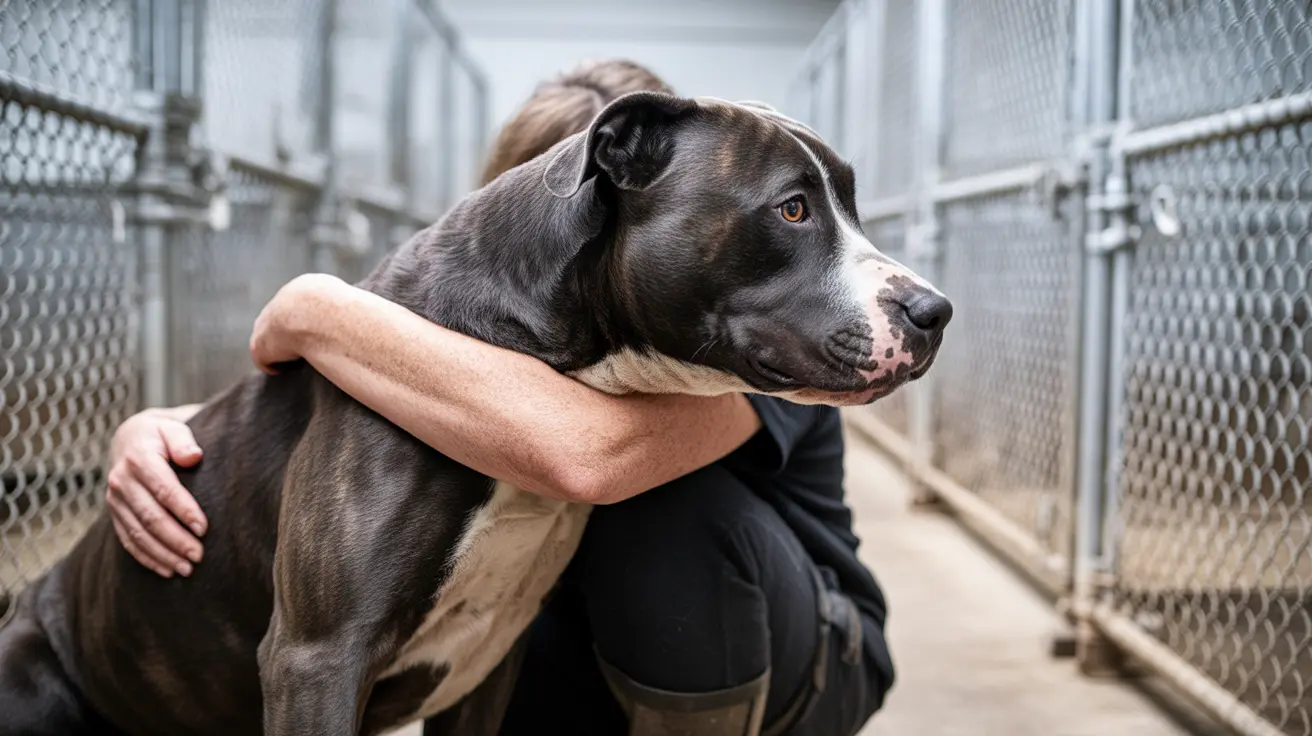Can Cats Recognize Their Owners? Understanding Feline Familiarity
Cats have held a reputation for being aloof and independent, often leading people to assume they lack deep emotional connections. However, research and feline behavior observations show that cats can indeed recognize their owners. They do this through an intricate blend of sensory cues that enable them to distinguish familiar humans from strangers.
The Science Behind Feline Recognition
Although cats may not respond as enthusiastically as dogs, studies confirm they can identify their human companions in unique ways. Cats utilize:
- Olfactory recognition: A cat’s sense of smell is powerful. They can recognize their owner’s scent, often associating it with safety and comfort.
- Auditory recognition: Cats can distinguish their owner's voice. Research suggests cats respond more readily to their owner’s voice than to strangers, particularly using pitch and tone as cues.
- Visual recognition: While sight isn't their strongest sense, cats can sometimes recognize their owners by their faces and gestures, especially from a close distance.
Behavioral Signs Your Cat Recognizes You
Cats show various signs to express familiarity and affection. Common behaviors include:
- Slow blinking: A feline equivalent of a kiss, slow blinking is a sign your cat feels comfortable and trusts you.
- Following you around: Cats often shadow the person they’re most bonded with, displaying a sign of attachment.
- Bringing 'gifts': Cats may present owners with toys or prey as signs of affection and recognition.
- Purring and kneading: These comforting behaviors are often reserved for those they feel closely connected to.
Distinguishing Between Recognition and Attachment
It’s important to differentiate recognition from emotional attachment. While recognizing a person is cognitive, bonding involves emotional connections and trust. Cats can both recognize and grow deeply attached to their owners over time.
How to Strengthen Your Bond With Your Cat
If you're seeking stronger recognition and emotional ties with your feline, consider these steps:
- Consistent interaction: Regular play and communication foster familiarity and trust.
- Routine feeding: Cats thrive on predictability; feeding them regularly builds association and comfort.
- Respect their space: Allowing your cat autonomy while also being present encourages positive bonding.
- Use their name: Repeating your cat’s name with gentle tone enhances association with your voice.
Why Some Cats Seem Less Responsive
Not all cats are demonstratively affectionate, and that doesn’t mean they don’t recognize you. Various factors like breed, early socialization, and personality can impact how a cat articulates familiarity.
Conclusion: Yes, Cats Know Who You Are
Despite their reputation for independence, cats recognize their owners using multiple senses and tend to form emotional bonds over time. Through scent, voice, and behavior, a cat identifies you not only as their caregiver but often as a trusted companion. As research into feline behavior continues, we’re learning more about just how complex and emotionally rich these relationships can be.





